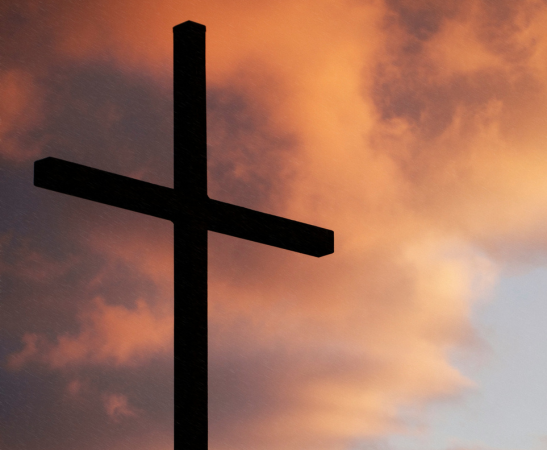The end of the first stage of revelation had been reached: Jesus was revealed as the Christ, the Son of the eternal Father. From now on the disciples could no longer live their lives apart from Jesus. They knew why they had to follow him in obedience, for he was their Lord.
Jesus, however, immediately began to lead them into the second, more profound understanding of his own person by teaching that he had to suffer, die and be raised up out of death. His way was to be a way of suffering, humiliation and death, not the way of a powerful, glorious Messiah. The disciples had to begin the journey into a new depth of understanding. Scandalised, Peter remonstrated with Jesus, seeking to protect him. Jesus rebuked Peter, insisting that he had to suffer, die and rise again.
Through faith Jesus has been revealed to us as the Son of God, the world’s Saviour and creation’s Lord. Since Jesus is God, we can never fully plumb the depths of who he is. We can spend our lives asking the Spirit to deepen our understanding. Yet this is only the first stage or revelation. Like the disciples we must go on to the second level. Since through our Baptism we are joined to the person of Christ, we are called to follow him. We must grasp that, as Jesus had to suffer, die and rise again, we too must follow him on the same path and live as he lived. What does this mean? We are to live for Christ and not live for ourselves. He must be at the centre of our lives. We must submit ourselves to the Father’s will, just as Jesus submitted himself. All our choices must be subject to these benchmark questions: ‘Does the Father want this for me? Does this please the Father? This is at the heart of denying self.


